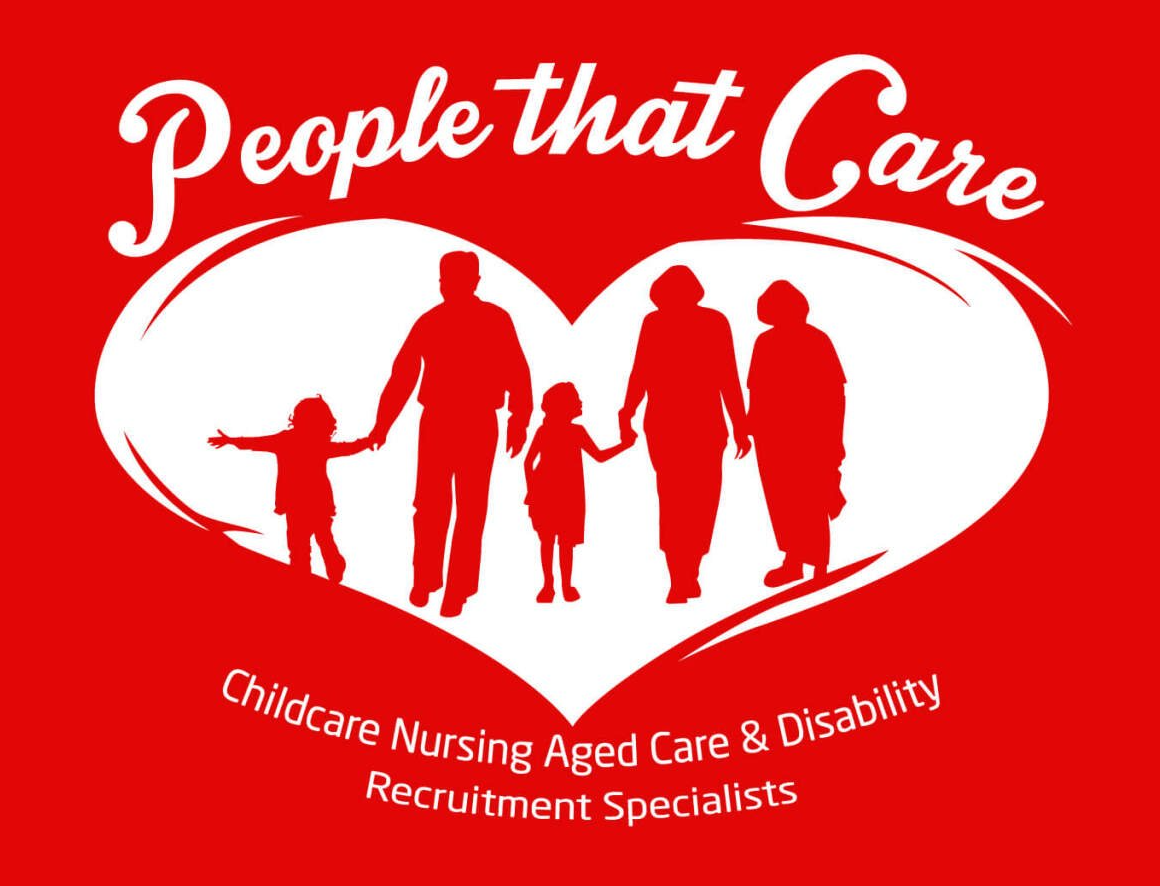Difference Between Job Enlargement And Job Enrichment
Both job enlargement and job enrichment are human resource strategies used to improve employees engagement and increase efficiency that helps to achieve organizational more effectively. Job enlargement refers to increase tasks and responsibilities to the existing role of the employees. On the other hand, job enrichment is a technique of motivating employees by adding extra responsibilities to make job more challenging and meaningful.
Difference Between Job Enlargement And Job Enrichment
The main dissimilarities between job enrichment and job enlargement are as follows:
1. Introduction
Job Enlargement: It involves increasing the number of tasks and duties to be performed by workers to an existing role.
Job Enrichment: It involves increasing responsibilities and content in the job to increase challenges and scope that provides opportunity for growth.
2. Nature
Job Enlargement: It is purely quantitative in nature because number of tasks are increased for employees.
Job Enrichment: It is qualitative in nature. It means this technique is used to increase the content and quality of the job.
3. Objective
Job Enlargement: The main objective of job enlargement is to increase employee motivation and engagement by decreasing monotony and boredom.
Job Enrichment: The main objective of job enrichment is to promote growth and development by making jobs more challenging and exciting.
4. Additional Skill
Job Enlargement: It does not require additional skill because tasks are increased as per the qualification and ability of employees.
Job Enrichment: It requires some additional skills because it involves new responsibilities that require creativity, decision making and problem solving.
5. Authority
Job Enlargement: It does not increase the level of authority as it only increases the number of tasks.
Job Enrichment: It increases the level of authority as per the creativity and ability of employees.
6. Supervision And Control
Job Enlargement: It requires more supervision, direction and control because it increases the workload of employees that increases the chance of errors and mistakes.
Job Enrichment: It requires less supervision and control than job enlargement because workers exercise self-control.
7. Training Need
Job Enlargement: It does not require additional training because employees are familiar with the jobs and responsibilities.
Job Enrichment: It may require additional training to empower workers to increase creativity, decision making and control over the job.
8. Result/Outcome
Job Enlargement: Results may be positive or negative depending on the motivation level and workload of the employees.
Job Enrichment: Generally, it gives positive result because of increased morale and self actualization.
Basis
Job Enlargement
Job Enrichment
Nature
It is quantitative by nature
It is qualitative by nature
Objective
To reduce boredom and monotony
To promote growth and development
Additional Skills
Not Required
Required
Increase In Authority
No
Yes
Outcome
Positive Or Negative
Positive
Supervision And Control
Requires more supervision
Requires less supervision
Distinction Between Job Enlargement And Job Enrichment In Brief
* Job enlargement refers to quantitative expanding of jobs. But job enrichment is qualitative improvement of the job.
* Job enlargement does not require special training, but job enrichment requires training and development program to improve the performance.
* Job enlargement requires more supervision than job enrichment
* Job enrichment increases the level of authority but job enlargement increases the number of tasks only.
* Job enlargement is horizontal expansion of job and job enrichment is vertical expansion.
* Job enlargement does not promote growth and development but job enrichment helps in personal growth and career development
Source: https://marketinglord.blogspot.com/2024/05/difference-job-enlargement-job-enrichment.html


